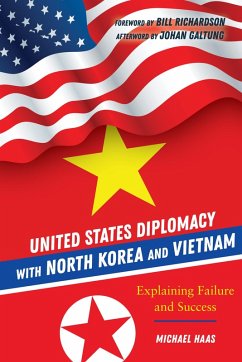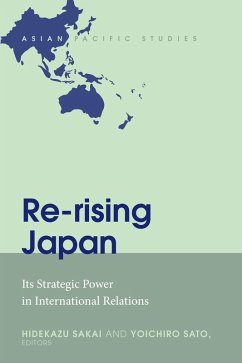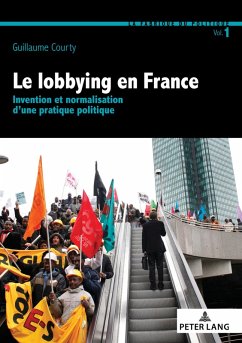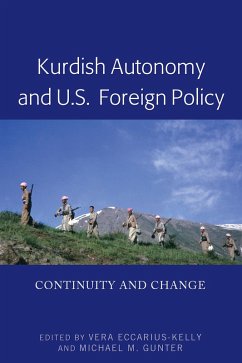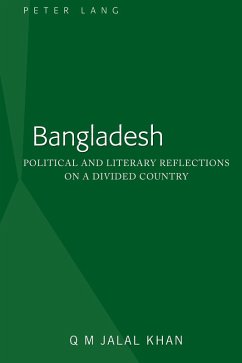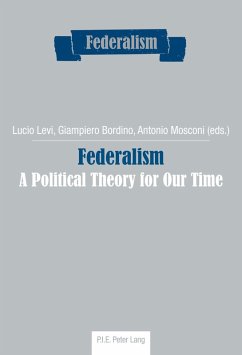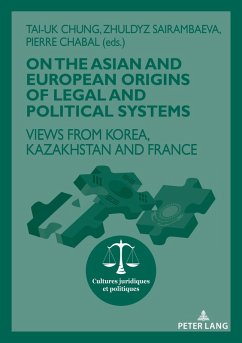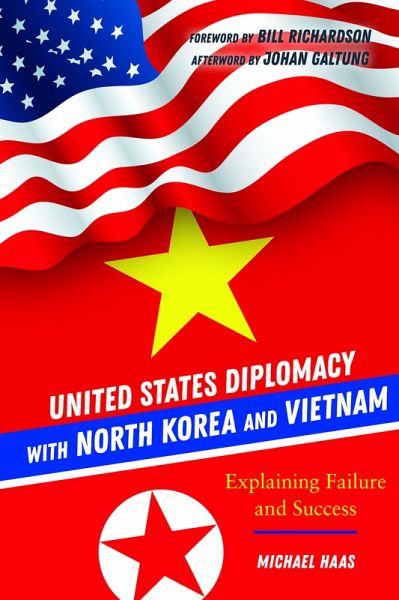
United States Diplomacy with North Korea and Vietnam (eBook, PDF)
Explaining Failure and Success
Versandkostenfrei!
Sofort per Download lieferbar
Statt: 107,65 €**
85,95 €
inkl. MwSt.
**Preis der gedruckten Ausgabe (Gebundenes Buch)
Alle Infos zum eBook verschenkenWeitere Ausgaben:

PAYBACK Punkte
43 °P sammeln!
Dr. Michael Haas' book, United States Diplomacy with North Korea and Vietnam: Explaining Failure and Success, aims to explain a significant, beguiling discrepancy in U.S. foreign relations: How has American diplomacy with Vietnam proved so successful when compared with its efforts to negotiate with North Korea? Haas undertakes a comparative analysis of foreign policy decisions to determine how relationships between the U.S. and each country have diverged drastically, in spite of a legacy of U.S. occupation in both regions. By tracing diplomatic interactions historically, comparatively quantify...
Dr. Michael Haas' book, United States Diplomacy with North Korea and Vietnam: Explaining Failure and Success, aims to explain a significant, beguiling discrepancy in U.S. foreign relations: How has American diplomacy with Vietnam proved so successful when compared with its efforts to negotiate with North Korea? Haas undertakes a comparative analysis of foreign policy decisions to determine how relationships between the U.S. and each country have diverged drastically, in spite of a legacy of U.S. occupation in both regions. By tracing diplomatic interactions historically, comparatively quantifying diplomatic missteps on the part of the U.S., and cross-testing four paradigms of international relations, Haas presents a case for why the U.S. has succeeded in developing good relations with Vietnam while failing to achieve them with North Korea.
Nuclear war haunts the world today because the U.S. has refused to negotiate a peace agreement with North Korea for more than six decades, yet the U.S. is on friendly terms today with Vietnam, a former enemy. This book answers why, finding that Washington's diplomacy with both countries explains the dramatic difference. Among four theories posed, power politics and presidential politics are refuted as explanations. Mass society theory, which focuses on civil society, finds that negotiations regarding American soldiers missing in action paved the way for success with Vietnam but not with North Korea. But diplomacy theory-tracing moves and countermoves during diplomatic interactions-reveals the real source of the problem: The United States provided reciprocated unilateral positive gestures to Vietnam while repeatedly double crossing North Korea. Although Pyongyang repeatedly offered to give up nuclear developments, Washington offered no alternative to Pyongyang but to develop a nuclear deterrent to safeguard the country against a devious and hostile U.S.
The book, in short, serves as a serious corrective to false narratives and options being disseminated about the situation that fail to appreciate North Korea perspectives. Now that North Korea has a nuclear deterrent, diplomacy is the only route toward a de-escalation of tensions so that the United States can live peacefully with North Korea in a manner similar to its relations with nuclear China and nuclear Russia. More broadly, United States Diplomacy with North Korea and Vietnam demonstrates what happens when Washington plays the role of global bully, whereas more resources are needed for developing diplomatic talent in a world that will otherwise become more dangerous.
Nuclear war haunts the world today because the U.S. has refused to negotiate a peace agreement with North Korea for more than six decades, yet the U.S. is on friendly terms today with Vietnam, a former enemy. This book answers why, finding that Washington's diplomacy with both countries explains the dramatic difference. Among four theories posed, power politics and presidential politics are refuted as explanations. Mass society theory, which focuses on civil society, finds that negotiations regarding American soldiers missing in action paved the way for success with Vietnam but not with North Korea. But diplomacy theory-tracing moves and countermoves during diplomatic interactions-reveals the real source of the problem: The United States provided reciprocated unilateral positive gestures to Vietnam while repeatedly double crossing North Korea. Although Pyongyang repeatedly offered to give up nuclear developments, Washington offered no alternative to Pyongyang but to develop a nuclear deterrent to safeguard the country against a devious and hostile U.S.
The book, in short, serves as a serious corrective to false narratives and options being disseminated about the situation that fail to appreciate North Korea perspectives. Now that North Korea has a nuclear deterrent, diplomacy is the only route toward a de-escalation of tensions so that the United States can live peacefully with North Korea in a manner similar to its relations with nuclear China and nuclear Russia. More broadly, United States Diplomacy with North Korea and Vietnam demonstrates what happens when Washington plays the role of global bully, whereas more resources are needed for developing diplomatic talent in a world that will otherwise become more dangerous.
Dieser Download kann aus rechtlichen Gründen nur mit Rechnungsadresse in A, D ausgeliefert werden.




